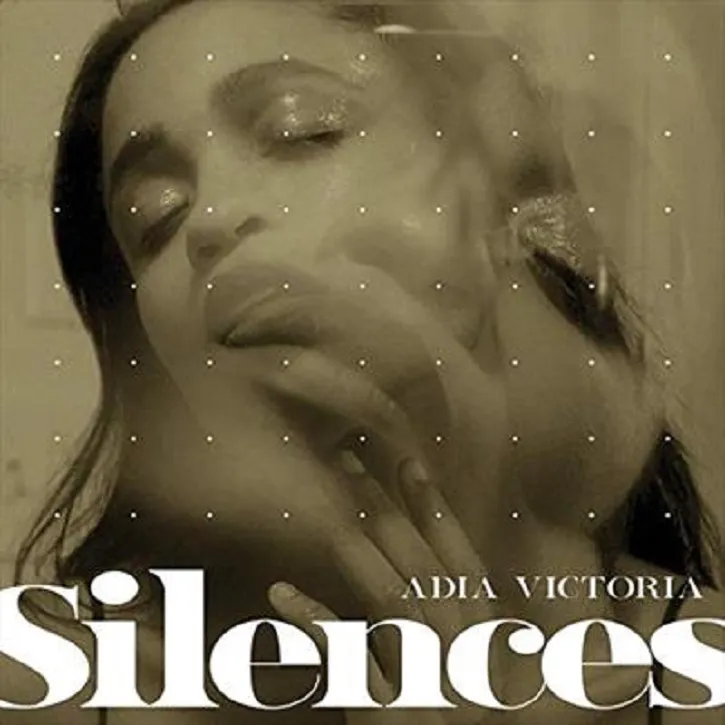
Singer Adia Victoria has a new album out titled Silences. It’s a fresh follow-up to Beyond the Bloodhounds. But first, for those not up on this entertainer, a bit of background info:
Adia Victoria
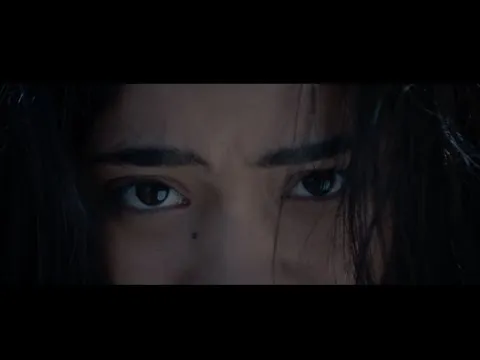
Adia Victoria is a Nashville-based vocalist. Her premiere platter, Beyond the Bloodhounds, dropped in 2016. While the goal of that release was to get her out there ASAP, it still succeeded in making it evident that she had a distinct musical style that was versatile and potentially iconic. Her signature sound is a measured musical melange of genres including blues, folk, goth, jazz, pop, rock, and swing.
Silences
Silences is reportedly titled after the 1962 book, “Silences”, by Tillie Olsen. It contains elements that make it both a blues album of sorts and an indie record too. The material here may once more see a return to a sound reminiscent of the American South, but it also includes an urban tinge and cosmopolitan attitude.
Co-produced with The National’s guitarist Aaron Dessner, the album includes some exceptional arrangements. On this 12-track audio offering, lyricist Victoria leads the way on guitar, drum programming, and synthesizer.
She is ably assisted by an assortment of other artists including Timothy Beaty (drums), Stuart Bogie (clarinet, flute, jew’s harp, saxophone, orchestration, and horn arrangements), Aaron Dessner (bass, piano, synthesizer, and drum programming), Pete Eddins (keyboards, organ, and synthesizer), Jason Harris (bass and synthesizer bass), Mason Hickman (drum programming, guitar, keyboards, synthesizer, horn arrangements, string arrangements, composing and additional production), Clarice Jensen (cello), Dave Nelson (trombone and bass arrangements), Jon O’Hara (keyboards, and string arrangements), Kyle Resnick (trumpet), Yuki Numata Resnick (violin), Adam Schatz (tenor sax and keyboards), Justin Vernon (drum machine), James McAlister (drum programming), and Bryce Dessner, Adam Hill and Omari Paul (string arrangements).
Track by track
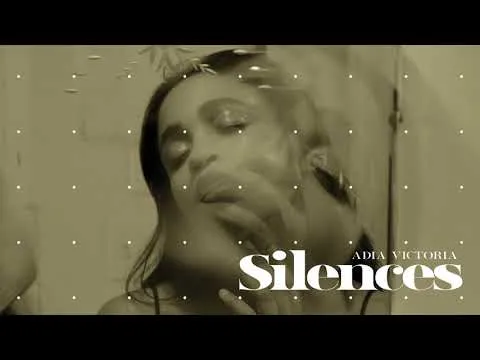
The album opens on the interesting (albeit brief) “Clean.” Note her breathy vocals and the nigh haunting background used here. Considering her religious, small-town background, her musical metaphor regarding God is pretty gutsy although not necessarily unexpected.

The second serving, “Bring Her Back" in an ethereal dirge that apparently decries religious dogma and blind obedience. Her vocals have a sense of serenity to them as they flow out over a wash of percussion and reverb as her signature sound begins to gel.
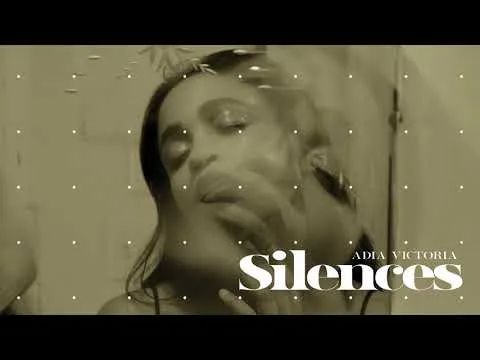
The catchy "Pacolet Road" picks things up a bit. It’s like a rock anthem of sorts to personal freedom. It’s a not entirely unexpected statement about the status quo but it still works.

“The City” is a relatively mellow piece that cleverly includes elements from “Lady Sings the Blues” by Billie Holiday and Herbie Nichols. It’s a nice change from the more fiery cuts and focuses on the advantages of being able to get lost in the crowd.
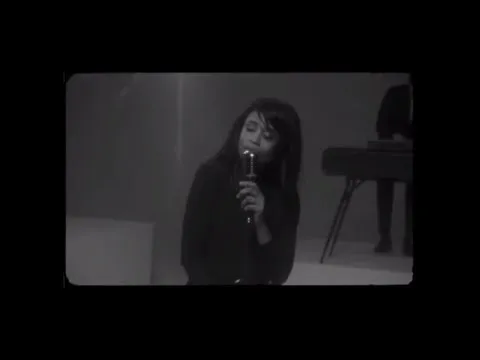
“Different Kind Of Love” is one of the platter’s pair of singles. Here Victoria’s vocals are almost sensual in a song of a search for perhaps intangible satisfaction. It keeps the listener interested.
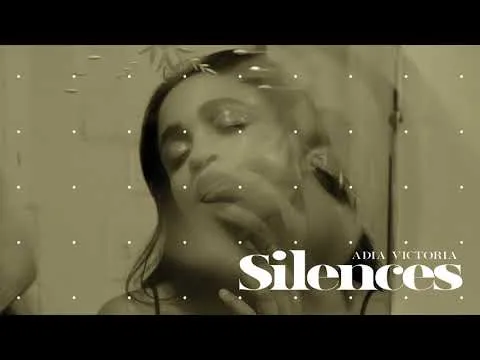
“Devil Is A Lie” is one of the obviously original cuts that is somehow familiar. This is partially because it has a New Orleans jazz vibe to it that’s been intentionally slowed to sound different. The additional orchestral work also helps make it work.
 The next number is “The Needle’ Eye.”
The next number is “The Needle’ Eye.”
is largely bass and percussion ostinati behind legato note after legato note from Victoria. The quality of vocals remains as well.
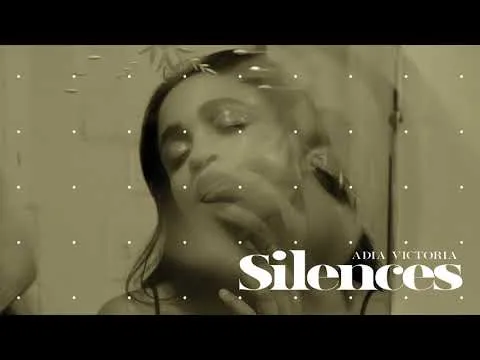
Despite the obvious difference in vocals and lyrics, something about “Cry Wolf” remains reminiscent of lesser-known Kate Bush material. Note the violin beneath the vocals in this melancholic waltz that eventually allows the rippling background distortion to have its moment in the fore. The song was inspired by Sylvia Plath’s life.
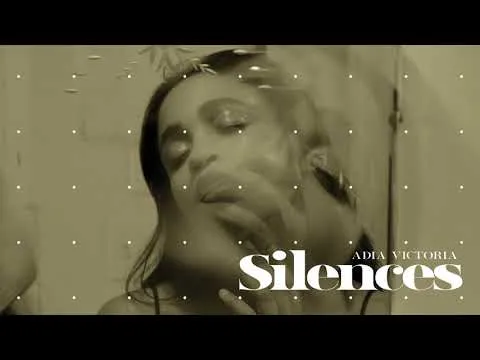
“Heathen” is unfairly overshadowed. In truth, this jazz-tinged not quite silent storm is one of the best cuts here in terms of vocal delivery and subtly fun in terms of lyrics.

“Nice Folks” takes a shot at polite society’s hypocrisy. If it was not yet evident, her musical modus operandi is obvious. It’s all about cutting lyrics and not so cutting music.

The second single here is “Dope Queen Blues.” This one is an early fave of both critics and fans alike. Here Victoria presents us with a character who is both desperate and convinced she is somehow indestructible. It almost has a cabaret feel to it and the blues bits in the music might just get this one stuck in your head.
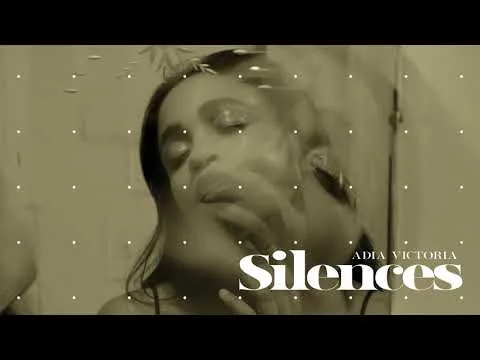
The closing cut, “Get Lonely,” makes it clear she has her act down by now. It is a synth-seeped song about wide, open spaces. It’s almost poignant if you pay attention. It also includes a mix of both modern and traditional music just like most of the other cuts.
Overall, this 42+ minute release contains themes of urban life, oppression, community, independence, and being an outcast. Here Victoria both bucks and honors traditions. This is essentially her next step in personal and musical evolution as both a singer and tuneful teller of tales. So check out Adia Victoria’s Silences and discover a “Different Kind Of Love.”
(All media courtesy of original owners)